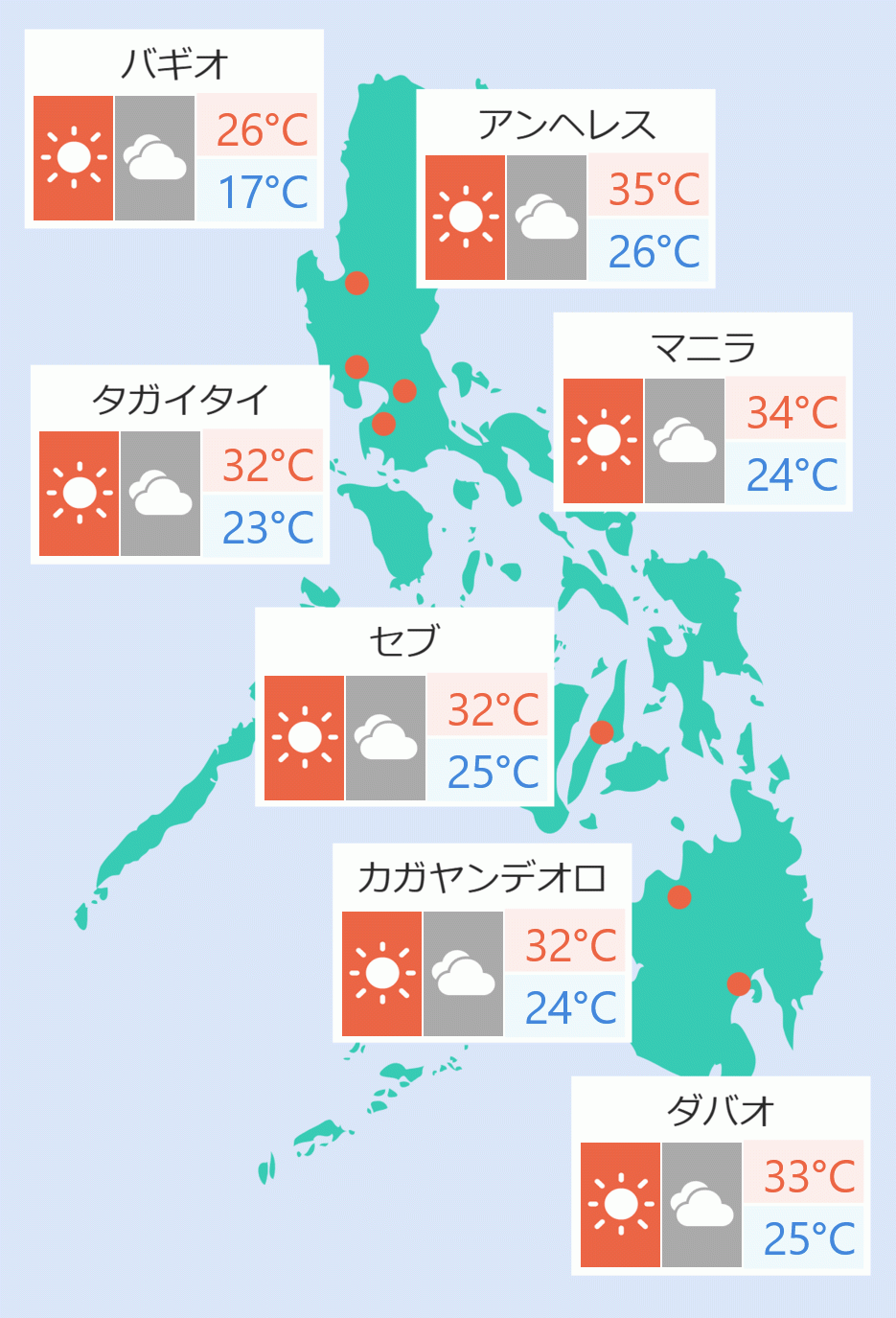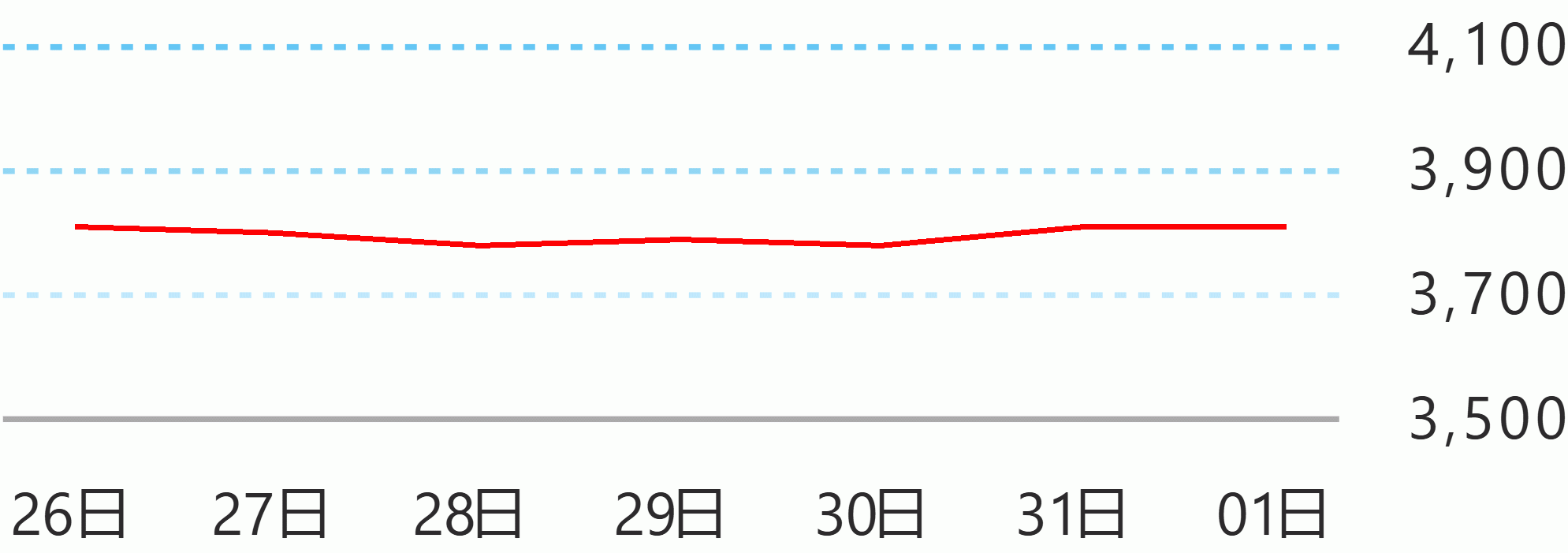Around 90 foreign nationals were arrested last Friday after authorities raided an apartelle in Bacoor City which was found to be a Philippine Offshore Gaming Operations (POGO) hub.
According to the Philippine National Police-Criminal Investigation and Detection Group (PNP-CIDG), their Anti-Organized Crime Unit (AOCU), conducted an operation around 9:45 pm at Mariche Apartelle, Barangay Mabolo 1 in Bacoor, Cavite.
The operation was based on a report received by the CIDG that Chinese nationals were allegedly frequently seen loitering and gathering in front of the said apartelle without upper garments, face masks, and does not observe social distancing.
“As a response, the CIDG AOCU detectives were dispatched at the said area to verify the veracity of the report and thereat, they confirmed that indeed a group of Chinese men outside the apartelle matched what the report has described,” CIDG said.
The group of Chinese sensed that the men who were approaching them were police officers prompting them to run inside the establishment.
Operatives chased them which resulted in the discovery of more foreign nationals who were not following the health protocols and closely working in a car garage with their chairs, tables, cellphones, and computers.
Under the Inter-Agency Task Force for the Management of Emerging Infectious Diseases (IATF) guidelines, POGO establishments are not allowed to operate during the quarantine period.
Arrested were 90 Chinese and two Malaysian workers who have no passports and even work permits that could prove the legality of their online gaming operation.
Confiscated were laptops, computer gadgets, cellphones, and P5.3 million cash.
Arrested foreign nationals were temporarily being held on the said apartelle in Bacoor City, Cavite, while confiscated pieces of evidence were brought to AOCU Office in Camp Crame, Quezon City for proper documentation and continuous investigation.
They will face cases for violation of Mandatory Reporting of Notifiable Diseases and Health Events of Public Health Concern Act, Presidential Decree 1602 and Republic Act 9287 both in relation to Cybercrime Prevention Act of 2012. Ella Dionisio/DMS





 English
English










